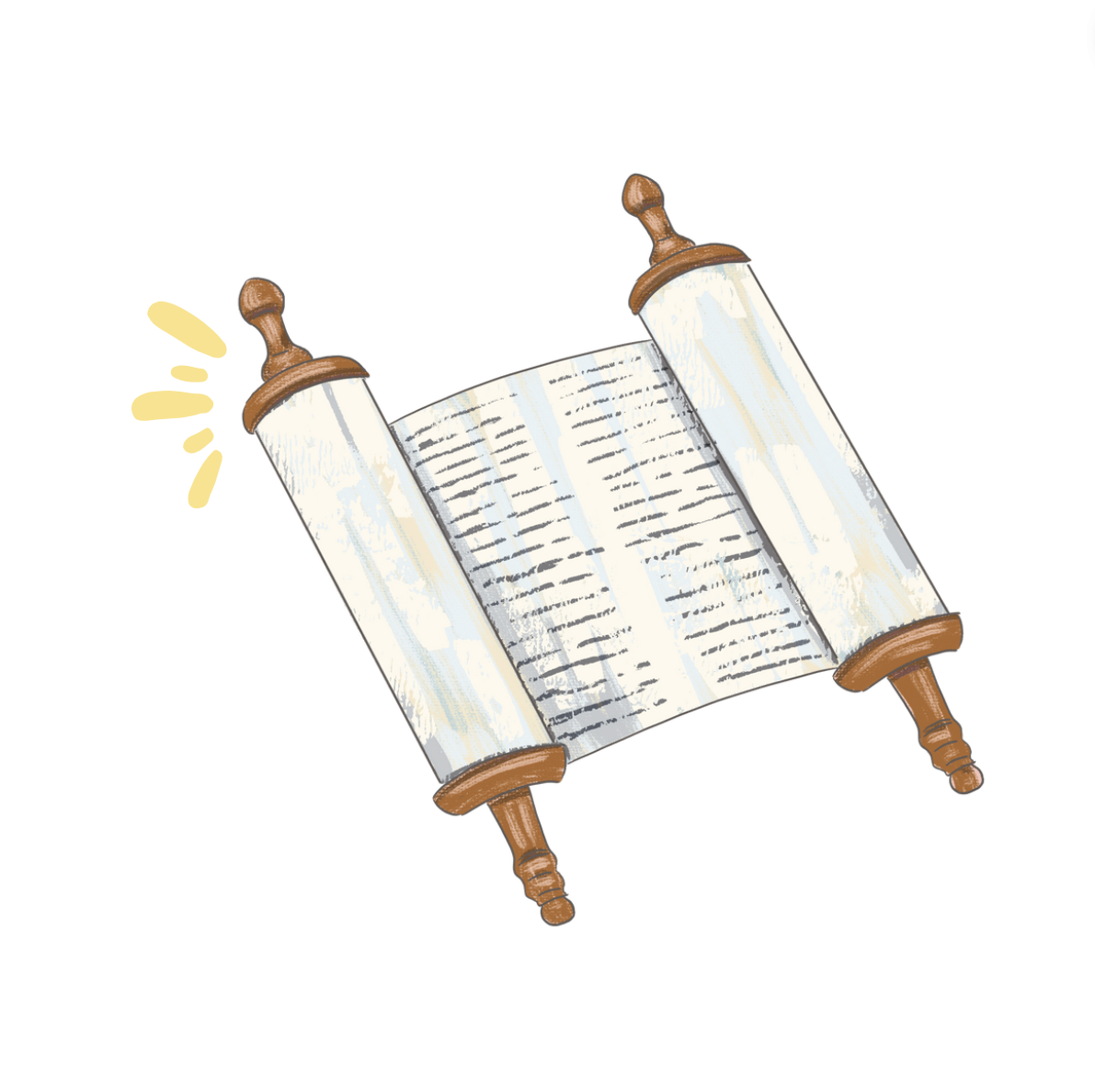There’s a well-known saying in the world of religion: We pray for four reasons: To say,
“Wow!”
“Oops!”
“Please!”
“Thanks!”
While it might seem a little too simple of a formula, this saying brilliantly captures what it means to express ourselves in prayer, to communicate our basic human needs to a figure or force that is more than human. What is often pressing on our minds and hearts? Our sense of wonder about the world and our existence within it, our hope to be forgiven for our mistakes, our desires and dreams for ourselves and our loved ones, and our gratitude for the gifts that we receive.
No Jewish prayer captures all four of these modes better than the Amidah. The climax of each of the three traditional daily prayer services, the Amidah contains 19 blessings, each one expressing one of these four sentiments. To recite the Amidah, we rise (amidah means “standing” in Hebrew), some people cover their heads with their tallit (prayer shawl), and most of the prayer is said silently, all in an effort to increase focus and concentration.
One of my teachers in Rabbinical School, Rabbi Dr. Lawrence Hoffman, who is one of the world’s experts on Jewish prayer, writes the following about the Amidah:
Everything about the Amidah is intriguing. We do not know for sure when Jews started saying it or even why. Most puzzling of all is how it came to consist of nineteen benedictions, since the Amidah is also named the Sh’moneh Esreh–that is, “the Eighteen [not nineteen!] Benedictions”…It was the Rabbis’ favorite prayer, after all, known originally as Hat’fillah, that is, “The Prayer.” Literally thousands of learned Jews have spent their lives reading and rereading those few classical texts that purport to explain how it came about (Rabbi Dr. Lawrence Hoffman, My People’s Prayerbook vol. 2).
In addition to its origins, what fascinates me about the Amidah is how neatly each of the 19 blessings can be organized into our four categories of prayer. Here is a summary of each one:
Wow!
We are amazed by…
Blessing 1: Ancestors – Our connection to God through our ancestors. We are part of an ancient story!
Blessing 2: Might – God’s power over the natural world and over life and death.
Blessing 3: Holiness – God’s holiness.
Blessing 4: Knowledge – God as the source of all wisdom.
Oops!
Please grant us…
Blessing 5: Repentance – Opportunities for teshuva, the chance to make better choices in the future.
Blessing 6: Forgiveness – Forgiveness for our mistakes (some people lightly tap their chest with their fist when reciting this one).
Please!
We hope for…
Blessing 7: Redemption – A better world.
Blessing 8: Healing – A speedy and complete recovery for those who are ill.
Blessing 9: Bounty – A good harvest and a healthy planet.
Blessing 10: Gathering the Exiles – Unity of the Jewish people.
Blessing 11: Justice – Wise leaders.
Blessing 12: Elimination of Evil – Floundering of those who seek destruction in our world.
Blessing 13: The Righteous – Flourishing of those who seek good in our world.
Blessing 14: Jerusalem – Peace for this sacred city.
Blessing 15: Deliverance – God to fulfill ancient promises to the Jewish people.
Blessing 16: Listen! – God to listen to our prayers.
Blessing 17: Accept! – God to accept and answer our prayers.
Thanks!
We are grateful for…
Blessing 18: The miracles that God performs for us, day in and day out.
Blessing 19: The gift of peace. (Which also serves as a Please! prayer, since we hope to see a world of greater peace.)
As someone who loves the clarity of lists, I am amazed at how well these main blessings of Jewish liturgy fit so perfectly into these four categories.
But these are a lot of feelings to feel—and a lot of blessings to recite— every single day! When I was a counselor at a Jewish sleepaway camp, I was responsible for overseeing that the kids in my bunk recited the Amidah each day. Often, the teenaged campers would express how overwhelming it was to get through each of these 19 blessings. After all, you might imagine how long it takes to recite all of the material in the Amidah, especially in Hebrew!
To help make it more manageable, I sometimes suggested that the campers focus on a single blessing each time they recited this prayer. To me, this exercise turns the recitation of the Amidah from a chore into a grounding ritual, and it’s something I still do when I recite the Amidah today. It gives me a chance to check in with myself: What blessing feels most relevant in this particular moment? Am I feeling a sense of awe? Sorry for a recent mistake? Hopeful for a world filled with more righteousness? Grateful for all that I have? Luckily, there’s an Amidah blessing for any experience and emotion that a given day might bring.
In the (slightly modified) words of the Amidah, may God lovingly and willingly accept our prayers of Wow! Oops! Please! and Thanks!
Shabbat shalom,
Deena

